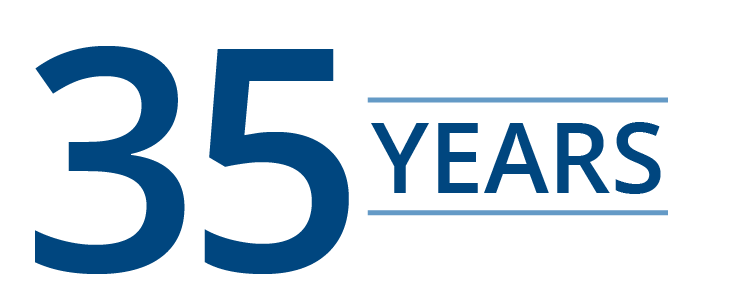Texas EthicsExchange
-
Welcome to the Texas EthicsExchange, your resource to assist with your questions concerning legal ethics and professionalism in Texas. The EthicsExchange is set up in a wiki-format, and allows you to search our content or to go to our comprehensive index to find the content you are seeking. If you have suggestions, corrections, or additions, you can contact me directly by hitting the update links contained on each page. I look forward to hearing from you.
Jim McCormack
Editor in Chief
Law Office of James M. McCormack
Austin, Texas
Showing 11-20 of 25 articles
-
The Basics of Lawyer Trust and IOLTA Accounts
Rule 1.14 states, in pertinent part:a) A lawyer shall hold funds and other property belonging in whole or in part to clients or third persons that are in a lawyer's possession in connection with a representation separate from the lawyer's own property. Such funds shall be kept i…
-
Fee Agreements
Many law firm fee agreements are simply retreads from some other lawyer’s or law firm’s fee agreement. The lawyer’s assumption often is: if this fee agreement form worked all those years for that firm, it should be just fine for mine. The related theory is that it is just easier to use …
-
Reporting the Misconduct of Other Lawyers (and Judges)
Rule 8.03, Texas Disciplinary Rules of Professional Conduct, is the relevant rule that mandates when a lawyer is obligated to report misconduct of another lawyer. Note that a Texas lawyer is not required under this Rule or any other provision of the Texas rules to report his or her own mi…
-
Ethical Obligations of Junior Attorneys
If you work with other lawyers in a firm, a legal department, or a government agency, you may at some time be asked to act in ways that violate the rules of professional responsibility, or you may become aware of violations committed by others. In such a situation, you may have to make di…
-
Ethics for Government Lawyers
Just as with any other attorney practicing in Texas, all lawyers employed by state or local governments are subject to the Disciplinary Rules of Professional Conduct promulgated by the Supreme Court of Texas. The conflict of interest rules are found in Rules 1.06 - 1.13 of the Disciplinar…
-
Ethics for In-house Counsel
1.1 Which Ethics Rules Apply?Which ethics rules apply to in-house counsel? As licensed attorneys, in-house counsel are bound by all of the ethical and professional rules that govern lawyers in general. An attorney’s status as an employee of a client does not exempt one from the rules, su…
-
Ethics for the New Criminal Law Practitioner
Grievances cannot always be avoided. It is important to read the Texas Disciplinary Rules of Professional Conduct and Texas Rules of Disciplinary Procedure. Even if you believe that you are familiar with the rules, read them again.
-
Friending the Judge – The Ethics of Judges, Social Media, and Facebook Friendships
Such a concern may very well be validated when one considers some of the following ethical missteps that judges have made online:In March 2014, Arkansas Circuit Judge Mike Maggio admitted to making racist and other offensive remarks under the screen name “geauxjudge,” including leaking de…
-
Inappropriate Relationships with Clients
“Inappropriate relationships with clients” immediately conjures up tawdry sexual entanglements between lawyers and their clients - although lawyers are far from the only persons to have inappropriate relationships with customers (and others) that can impair what should remain strictly arm…
-
Overview of the Texas Grievance System: Ten Questions
Grievances can be a fact of professional life in almost any area of legal practice, although, historically, most grievances arise out of criminal law, personal injury, and family law practices. When a lawyer receives a notice of a grievance complaint from the State Bar, there are several …


